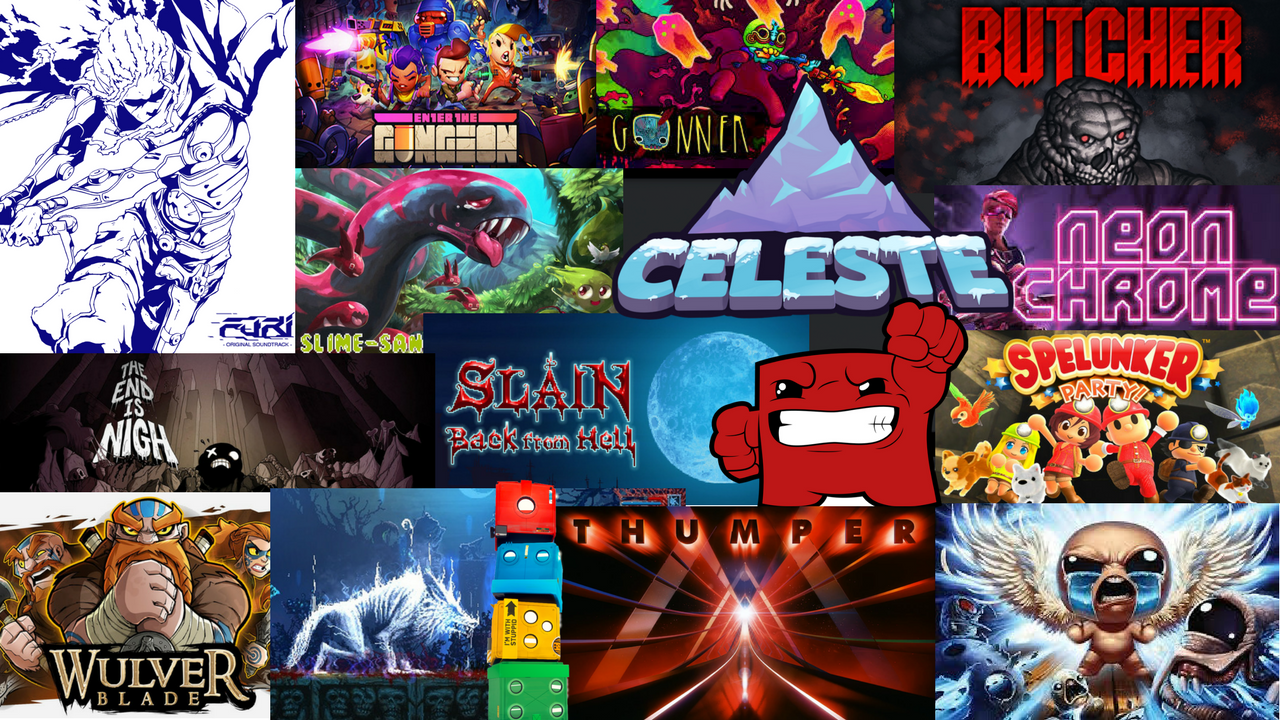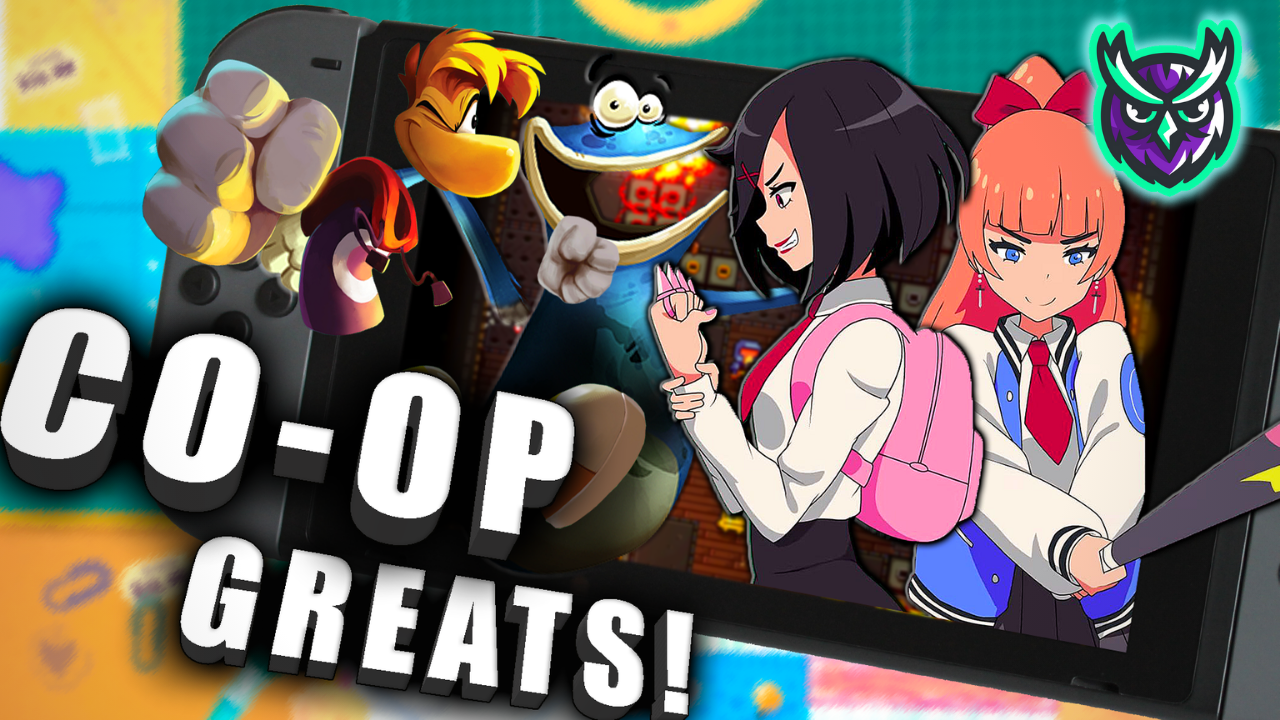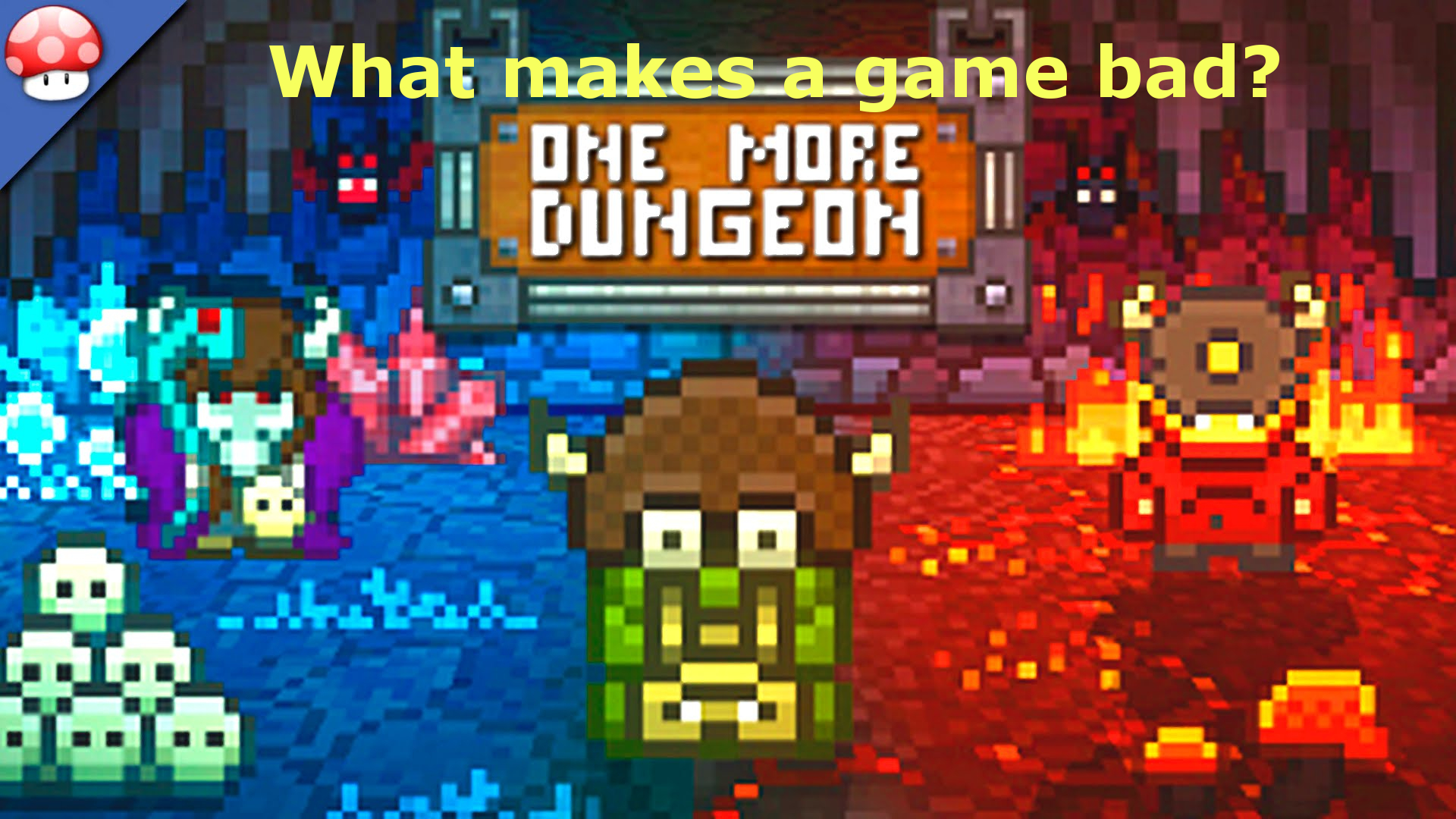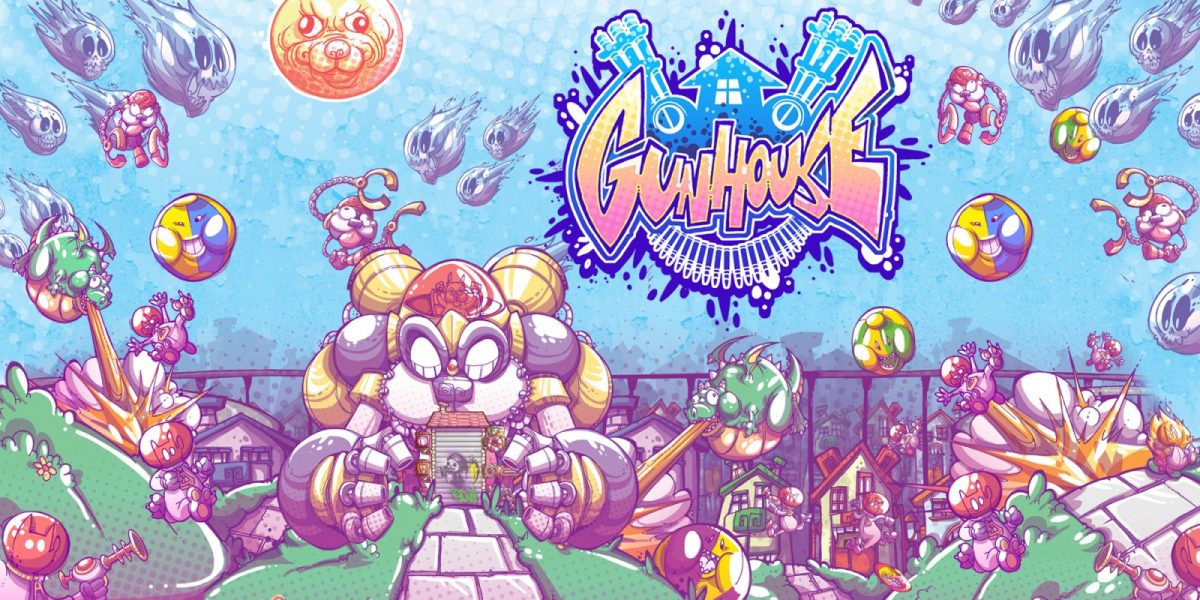How does one objectively determine if a game is bad? This is a question that plagues most reviewers because whether a game is good or not is generally a subjective issue determined by our own thoughts and feelings. For a reviewer, our goal should not be to tell you whether we in particular loved a game even though that is almost impossible to avoid. After all, this is our passion, and we want to relay that passion to our readers. However, what is more important is having the ability to objectively set aside our own feelings and try to convey the strengths and weaknesses of any particular game. After all, a single reviewer’s opinions have the power to affect potentially thousands of viewers’ decisions regarding whether or not to buy a game. As such, they have a responsibility to accurately report on a game as opposed to trying to convince everyone to feel the same thing they do. As Uncle Ben in Spiderman said, “With great power comes great responsibility.”
What Makes a Game Bad?
Simply in determining this on a personal level is a subjective issue in and of itself. For example, I am a person who doesn’t care at all about 4K/1080p locked and 60FPS. It doesn’t make a difference to me so long as a game at least manages a locked 30FPS and doesn’t drop too far below 720p. However, there are people for whom that is a complete deal breaker. As such, my review score would not be hurt nearly so much by that factor as it would those individuals.
Another issue which might cause undue harm to a review would be a person simply reviewing a game they don’t like. For example, I generally loath first-person shooters. The only proper FPS I have ever enjoyed was 007 Goldeneye on the N64. Metroid Prime is a bit of an exception thanks to the exploration focus and the branding, but that’s about it. Of course, none of this means that games like Call of Duty are necessarily bad. The key to reviewing it is separating oneself from the game in order to fairly report on it to readers.

My First Determining Factor: Glitches and Crashes
When I am playing a game, I am looking for a few key issues to find whether or not to rate it highly. The first and most glaring issue lies in the technical realm. Does the game crash? If so, how frequently? Is it enough to hinder the experience? Also, are there any bugs which hinder your ability to progress through the game?
The very first game I reviewed for Switchwatch was a charming little point-and-click puzzle game from Forever Entertainment called Violett. The game featured lovely hand-drawn scenery, decent puzzles and downright fantastic music. However, the character models were mediocre 3D models, and the game mostly worked fine except for one highly detrimental bug. You see, the player has to collect items to complete the puzzles in Violett. After using the items, they are supposed to disappear from the bag. However, in the Switch version of the game, there was a bug preventing the used items from disappearing. It turned out that there was a limit of 20 items in the bag. After reaching that number, you simply couldn’t progress any further into the game.
When I was compiling my review score, I was faced with a dilemma. Should I give the game an extremely low score while undermining the excellent work of the art staff and the music composer? After all, the game itself wasn’t too bad, but I couldn’t recommend it to players because of the terrible bug. In the end, I gave the game a fair 5.5 while warning players in the summary to completely avoid the game until the bug was fixed. Eventually it was, and I updated the review to reflect that.

My Second Determining Factor: Does It Cater Well To Its Audience?
Different audiences require different things. An arcade, twin-stick shooter such as Crimsonland doesn’t require an excellent story, so why should the game be docked in points for having minimalistic storytelling? However, a JRPG needs to balance its gameplay with a compelling story.
The Longest 5 Minutes is a game I recently reviewed which has one of best conveyed stories in a classic-style JRPG I have ever seen, and yet it did not deliver on its gameplay elements. The Longest 5 Minutes tells its story by starting you right at the final boss with all of your memories wiped clean. You need to periodically delve into your memories in a chapter-based system to unravel your past during an epic 5-minute battle with the final boss. It was an excellent way to tell the story, and it kept me hooked all the way through. However, between chapters, none of your equipment or acquired items carry over destroying the player’s sense of progression and control over their characters’ development.
This game completely caters to its audience on the storytelling aspect, but it lets the players down on the gameplay side of things. It has other strengths to carry it through such as excellent music, but they developers of the game forgot their important audience while pushing to maintain their concept. Fortunately, it gets the story and music right, but if it didn’t at the price of $40/£40, I would have thought of it as a bad game.

My Third Determining Factor: Does It Respect Your Time
This third factor was an excellent point raised by Lachlan in his excellent feature on the challenge of reviewing a bad game, and it has influenced my reviewing process ever since. In fact, it may now be one of the most important factors that I take into consideration when playing a game.
While I love playing games in my free time, I want to feel like something has been accomplished in the game. Also, I don’t want to feel like the game is simply milking my time to artificially lengthen the experience. There was one game I have reviewed which I completely felt disregarded my time as a player, and the review suffered greatly from that. It was a little game called One More Dungeon.
One More Dungeon is a first-person, procedurally generated dungeon crawler. These “roguelike” games have become popular in recent years because of the amount of replay value they offer thanks to their random stage layouts. However, the stages and items found in One More Dungeon felt like they barely changed between playthroughs, and one slip up generally meant death and a restart thanks to the unreliability of potion spawns. Combine this with the fact it could take as long as 20-30 minutes just to complete one stage and the infuriatingly simple music, and it made for a bland experience which I felt did not have many redeeming factors.
There have been several games which I reviewed on Switchwatch which I personally did not enjoy at all such as Tennis in the Face, Serial Cleaner and Sparkle 2 Evo. Those games were just not fun to me personally. However, they had enough strengths in the factors I listed above and were decent enough in terms of their aspects we specifically review on Switchwatch such as audio, visuals, gameplay, etc. I was able to remove myself from those games to fairly review them. So far, the only game I have reviewed which I simply could not find any worthwhile qualities in was One More Dungeon.

My Fourth Determining Factor: Microtransactions, Loot Boxes and On-Disc DLC
‘Nuff said.

My Fifth Determining Factor: How Well Does It Compare To Its Peers
It is unfair to come into a small indie game such as Blossom Tales and expect it to have an epic, sweeping musical score such as what is found in Xenoblade Chronicles 2. There are different standards to be held between small indie games and big budget AAA titles. What I tend to look for is how the game developers use their resources compared to other developers making similar games. Do they try anything which sets them apart, or are they settling on what is just “good enough”.

A great example I like to point to of this is how Crimsonland’s visuals compare with Hammerwatch. Both are indie, top-down, twin-stick shooters and cost $10. Crimsonland’s goal was to appeal to their target audience of classic arcade shooter fans, and the game achieves that well. However, all of the stages are completely flat open spaces with no real design elements, and the enemy types are difficult to distinguish from one another. Nothing in the game stands out in any way. Hammerwatch, on the other hand, takes their visual design a step further by having well-designed levels and enemies which stand out. The game is interesting to look at whereas the developers of Crimsonland simply designed the minimal required visuals to appeal to their core audience and went with it.
When I am writing my reviews, I always keep this line of thought in mind while I am judging the five factors we focus on at Switchwatch: story, audio, visuals and performance, gameplay and value. I try not to judge these factors simply based on whether or not I personally liked each aspect of the game. I try to judge them based on how much it stands out compared to its peers or on whether I felt like they could have been taken further.
Conclusion
When you are reviewing a game, you need to take into consideration of factors such as these and so many more. While it can be easy to simply give a game you personally don’t like a negative review, it is far more difficult to play it with an unbiased mentality. However, it is important to be able to do so when you are playing the game for the sake of others rather than for your own pleasure. When you play a game for this reason, you need to be able to take your own feelings out of the equation so you can try to determine the quality of the game in order to provide your readers with accurate feedback. Otherwise, you could risk damaging the reputation of an otherwise great or at least decent game.










